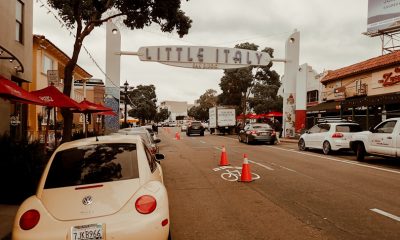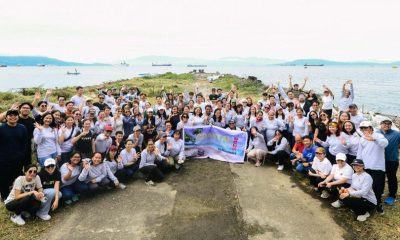BizListing
‘Coffee for Peace’ enables Filipinos to build peace with coffee
Because at the heart of CFP’s operations is training farmers on coffee processing to develop skills to produce high-quality coffee beans. CFP provides knowledge on the market for farmers to understand what consumers want in coffee, and the value of what they do for awareness on fairer trade pricing.

BizListing
Offering steaks in Bulacan via Project Steak
Attraction-wise, #Bulacan isn’t on top of tourists’ lists. But food-wise, it – surprisingly – has a handful of worthy offerings. We checked one, a #steakhouse comparable to those in Metro Manila.
BizListing
The success story of Northeast Business Solutions, a homegrown tech company based in Norzagaray, Bulacan
Introducing Northeast Business Solutions, Inc. (NBSI), a Bulacan-based software company specializing in timekeeping, human resource management systems (HRMS), and payroll.
BizListing
Selling simplified steak, a la Lugod’s, in Batangas
#Batangas has lots of ranches, so… they should have good #steaks, right? We #LGBT checked Lugod’s Steak & Grill for verification (or disproving).
-

 BizNews4 weeks ago
BizNews4 weeks agoLabels are everything: New study reveals role of popularity in news articles
-

 BizNews4 weeks ago
BizNews4 weeks agoNow you see me, now you don’t: How subtle ‘sponsored content’ on social media tricks us into viewing ads
-

 BizNews4 weeks ago
BizNews4 weeks agoPersonalized pricing can backfire on companies, says study
-

 BizNews4 weeks ago
BizNews4 weeks agoDynamic pricing can optimize profits but alienate customers
-

 BizListing4 weeks ago
BizListing4 weeks agoThe success story of Northeast Business Solutions, a homegrown tech company based in Norzagaray, Bulacan
-

 BizNews4 weeks ago
BizNews4 weeks agoMSMEs advised to take small steps towards AI adoption
-

 BizNews4 weeks ago
BizNews4 weeks agoNostalgia is an asset in company acquisitions, so use it
-

 BizListing3 weeks ago
BizListing3 weeks agoOffering steaks in Bulacan via Project Steak












































